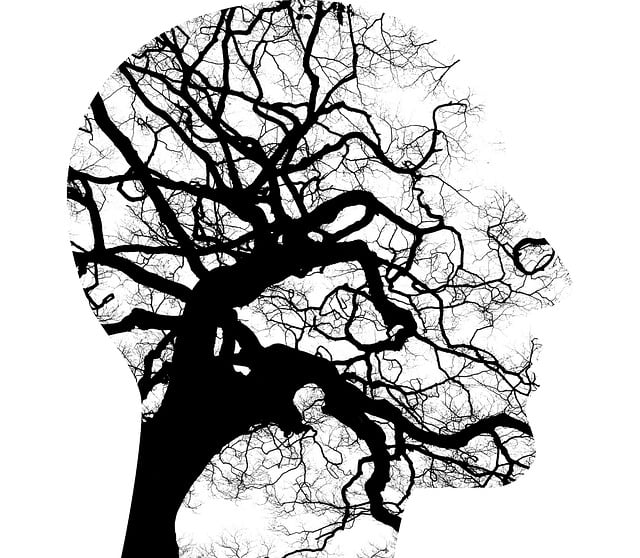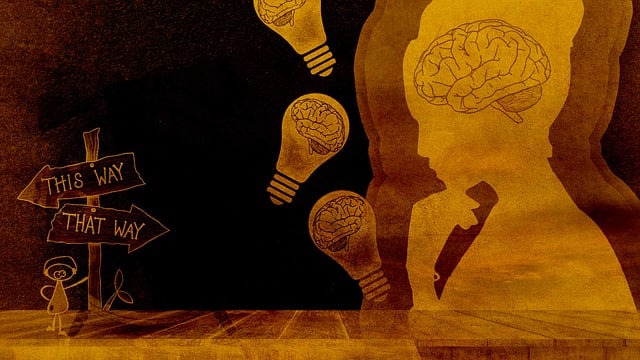Stress management workshops tailored for Therapy for Young Adults and First Responders are crucial in addressing unique mental health pressures. These sessions blend practical tools with emotional support, fostering safe spaces for self-awareness, resilience building, and coping strategy development. By combining mindfulness, cognitive reframing, and interactive activities, these workshops empower participants to navigate college/career demands or high-pressure situations effectively. Inclusivity and cultural sensitivity enhance mental health awareness, encouraging early intervention and proactive stress management among at-risk groups.
“In today’s fast-paced world, stress management is an essential skill, particularly for young adults and first responders facing unique challenges. This article explores the critical need for specialized workshops designed to support these individuals. We delve into the impact of chronic stress and its effects on mental health, offering a comprehensive guide to creating effective programs. From identifying tailored techniques to ensuring safe spaces, we cover all aspects of organizing workshops. Additionally, we discuss logistics, evaluation methods, and the long-term benefits, emphasizing the value of such initiatives for improving well-being.”
- Understanding Stress and Its Impact on Young Adults and First Responders
- The Need for Specialized Workshops: Tailoring Support to Unique Challenges
- Designing Effective Stress Management Workshops
- – a. Identifying Key Techniques and Activities
- – b. Creating a Safe and Inclusive Environment
Understanding Stress and Its Impact on Young Adults and First Responders

Stress is a pervasive issue among young adults and first responders, two groups often facing unique pressures that can significantly impact their mental health. For young adults, navigating college, career paths, and social expectations can be overwhelming, leading to increased stress levels. Similarly, first responders like police officers, firefighters, and paramedics endure high-stress situations on a daily basis, putting them at risk of developing long-term mental health issues if not properly addressed.
Understanding the impact of stress is crucial for developing effective therapy strategies tailored for these demographics. Incorporating cultural sensitivity in mental healthcare practice ensures that diverse populations receive support that resonates with their unique experiences. Mind over matter principles can empower individuals to manage stress through mindfulness, cognitive reframing, and other evidence-based techniques. Additionally, public awareness campaigns development can play a pivotal role in normalizing conversations around stress and mental health, encouraging early intervention and proactive coping strategies among young adults and first responders.
The Need for Specialized Workshops: Tailoring Support to Unique Challenges

In today’s fast-paced and demanding world, stress has become an all-encompassing challenge, particularly for young adults and first responders who often face unique and intense pressures. Specialized workshops are increasingly necessary to provide tailored support and effective solutions to these specific groups. Young adults, navigating their careers and personal lives, frequently struggle with stress management as they learn to balance expectations and responsibilities. Similarly, first responders, on the front lines of crisis situations, deal with traumatic experiences that can significantly impact their emotional well-being.
These workshops focus on self-awareness exercises and emotional well-being promotion techniques to equip participants with the tools needed to manage stress effectively. By delving into mind over matter principles, attendees gain insights and strategies to enhance resilience, foster a sense of calm, and maintain balance in their lives. Such targeted interventions can revolutionize how individuals cope with stress, ensuring better mental health outcomes for young adults and first responders.
Designing Effective Stress Management Workshops

Designing effective stress management workshops for young adults or first responders requires a tailored approach that combines practical tools and emotional support. These workshops should aim to create a safe space where participants feel understood and empowered. Incorporate empathy-building strategies, encouraging active listening and perspective-taking, to foster connections among attendees. By cultivating a sense of community, the sessions can offer a much-needed respite from stressful situations.
Focus on teaching positive thinking techniques and Mind Over Matter principles that help individuals challenge negative thought patterns and build resilience. Incorporate interactive activities, such as mindfulness exercises or cognitive reframing practices, to equip participants with tangible coping mechanisms. Tailoring these workshops to address specific stressors faced by young adults and first responders can significantly enhance their effectiveness, ensuring that attendees leave equipped with valuable skills for navigating life’s challenges.
– a. Identifying Key Techniques and Activities

In organizing stress management workshops for young adults and first responders, it’s crucial to identify and incorporate key techniques that cater to their unique needs. These individuals often face high-stress situations, requiring tailored strategies for effective stress relief and mental wellness. Therapy for young adults and crisis intervention guidance should form the backbone of these sessions. Incorporating practices like mindfulness exercises, breathing techniques, and even Mental Wellness Journaling Exercise Guidance can significantly enhance participants’ ability to manage stress and improve overall mood regulation.
The workshops should also offer interactive activities that engage attendees actively in their journey towards better mental health. This could include group discussions on coping mechanisms, role-playing scenarios for crisis intervention, or creative outlets like art therapy. By combining theoretical knowledge with practical exercises, the sessions will empower young adults and first responders with tools to navigate stress and maintain a healthy balance, ultimately enhancing their resilience in both personal and professional settings.
– b. Creating a Safe and Inclusive Environment

Creating a safe and inclusive environment is paramount for effective stress management workshops. This begins with fostering an atmosphere where all participants—including young adults and first responders—feel comfortable sharing their experiences and concerns openly, free from judgment or stigmatization. Such an environment encourages vulnerability, which is essential for processing and managing stress effectively. Mental health awareness is enhanced when individuals feel empowered to discuss challenges related to depression prevention and conflict resolution techniques in a supportive setting.
By ensuring inclusivity, workshops can attract a diverse range of attendees, each bringing unique perspectives and experiences. This diversity enriches the learning experience, as participants learn from one another, fostering empathy and understanding. For young adults navigating the complexities of adulthood and first responders dealing with high-stress, high-stakes situations, this supportive environment is crucial for developing healthy coping mechanisms that can be applied to their specific circumstances.
Stress management workshops specifically designed for young adults and first responders can be transformative, offering tailored support to navigate unique challenges. By incorporating evidence-based techniques and creating safe, inclusive environments, these workshops empower participants with tools to enhance resilience and well-being. Investing in such programs is a crucial step towards fostering mental health awareness and providing effective therapy for vulnerable populations, ensuring they can thrive despite adversity.














